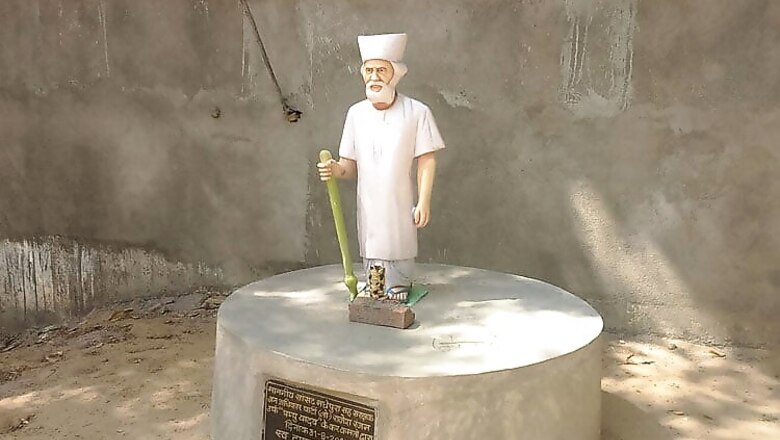
views
His character was portrayed on the silver screen by the critically-acclaimed actor Nawazuddin Siddiqui. His name was also proposed by the Bihar government for the Padma Shri honour. But even as Bihar is in the midst of an election to elect a new Assembly, the village of ‘Mountain Man’, Dashrath Manjhi awaits many basic amenities.
Dashrath Manjhi spent his entire life in a small village in the interiors of Bihar. Despite being a simple labourer, he did something extraordinary that changed the lives of hundreds of people living near the holy town of Gaya - carving a path through a hillock using just a hammer and a chisel.
It took him as long as 22 years to ensure that those living in and around his village had easy access to nearby health services, absence of which had led to the death of his wife Phalguni Devi, who succumbed to her injuries suffered while crossing the Gehlour hills.
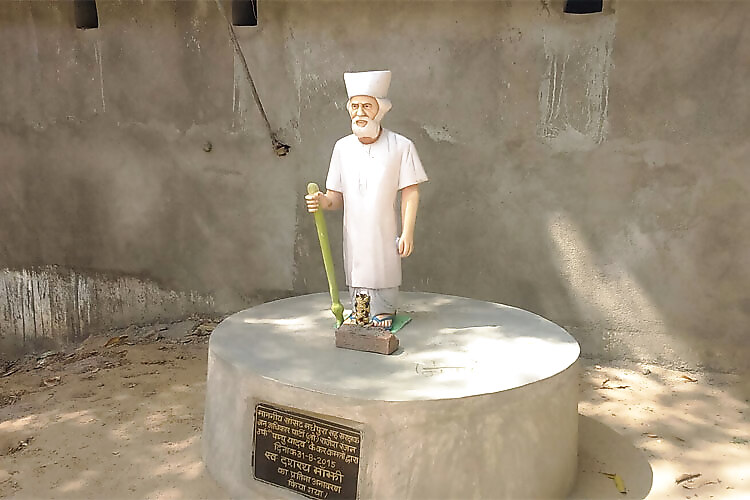
Dashrath Manjhi is no more. He ensured that he spent his whole life so that the future generation had to suffer much less. But did his sacrifice actually change the life of those in his village?
Located at a distance of a few kilometers from Gaya, Dashrath Nagar is a small habitat surrounded by several small hillocks. Not only is the village situated in an area which is not easily accessible but the village also faces an acute crisis of water for irrigation purpose.
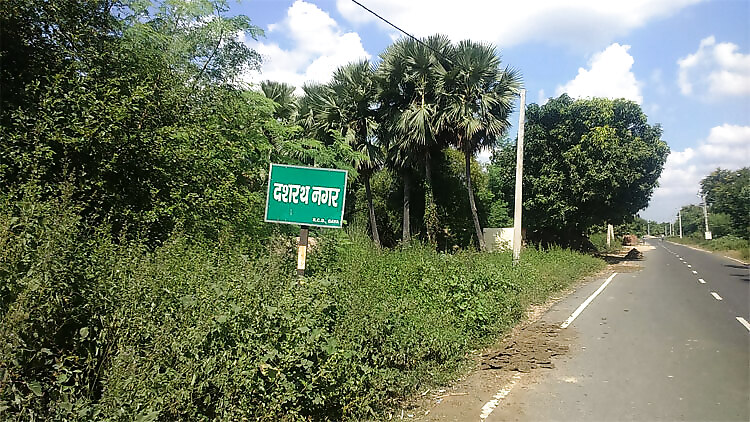
Dashrath Manjhi's son Bhagirath Manjhi, who doesn't have a count of his age, told IBNLive, "There is no source of water for irrigation in our village. I have 1.5 acre of land but it's useless for me, as I can't even grow crops there.
"There’s scarcity of drinking water as well. Phalgu river can be brought here through canals. But there is no canal even in the vicinity of our homes, we desperately need one," he added.
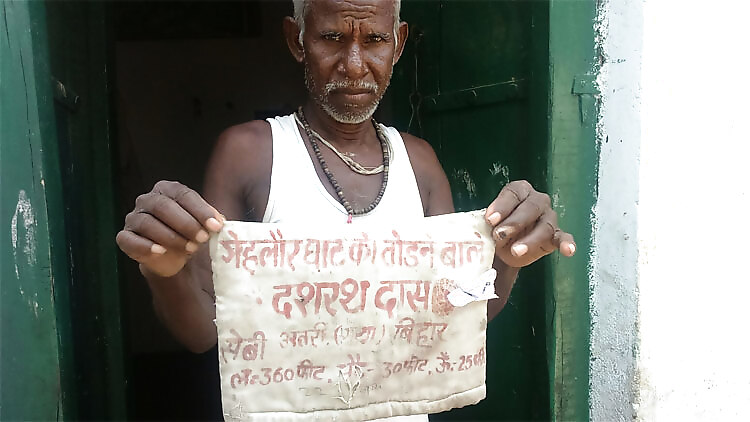
His sentiment was echoed by other residents of the village as well, who pointed that there was no power supply in the village. "We just have two hand pumps in our village. It was because of Baba (Dashrath Manjhi) that we could get even those hand pumps," said an old villager, Siman Manjhi.
Seated along was Karu Manjhi, who said, "We used to get at least the basic things, like hand pumps, school and roads because of Baba till he was alive. We are now living like an orphan. No one is there to look after us after Baba."
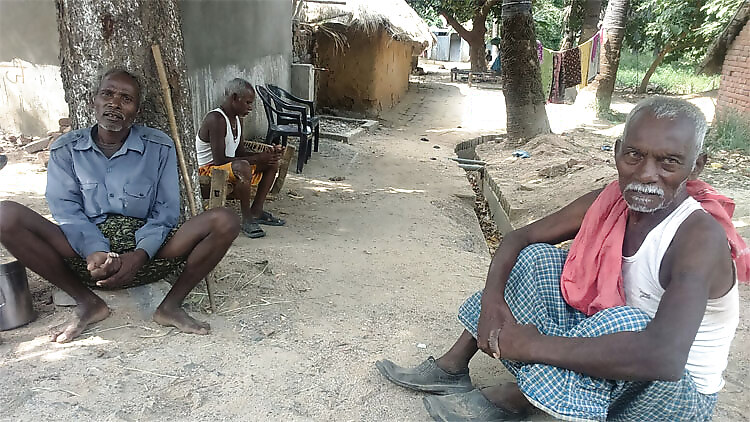
Explaining the feeling of ownership that 'Baba' had for the village, he further said that the government had once offered a pucca house to Dashrath Manjhi, but he put a condition that he would get one only if all other families in the village were given houses of concrete.
His adamancy ensured that his family even now continues to live in a hut made of mud. The condition was certainly not unreasonable as the village merely has 33 houses.
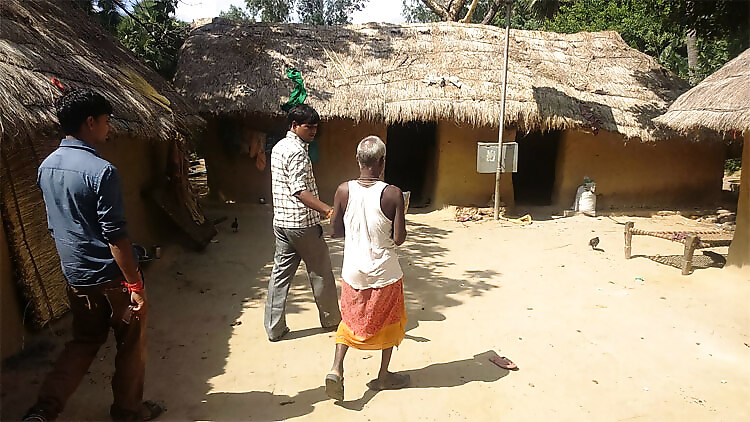
While the present for the villagers is dark, the future appears even darker. The children in the village have no school to study after class 5.
Fourteen-year-old Rajkumar, who stopped studying after completing class 5, said, "We have nowhere to go. There is no option to study further." When asked what he does now, he told IBNLive that he neither had anything to study nor anywhere to work, so he just loiters in and around the village.
"There is a high school six kilometer away in Mardih, but there's no conveyance to go to that place. Hence we have stopped studying," said Chandradeep Kumar, another young boy who's staring at a bleak future.
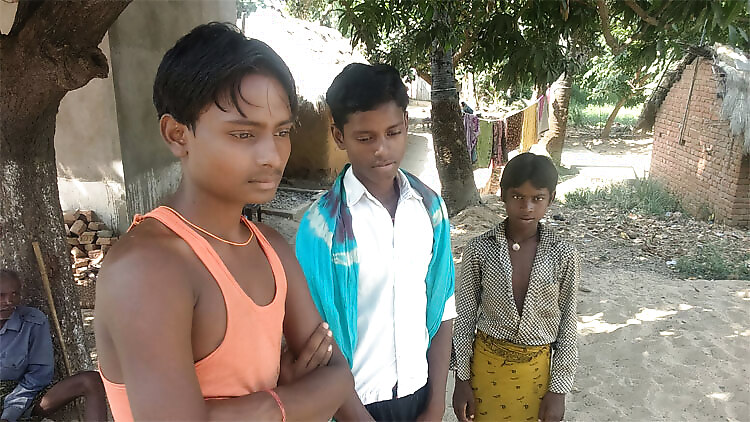
The villagers further said that not even the much publicised bicycle distribution scheme of Chief Minister Nitish Kumar has reached the village.
When asked if the other popular Manjhi, former chief minister Jitan Ram Manjhi ever met them or did anything from them, Dashrath Manjhi's son said, "He did come to our village. I asked him to provide us concrete houses, but he advised us to continue living in mud houses.
"Just a day back he came for an election rally nearby, but did not come to our village," he added.
A walk across the small village suggests that most of the people living there are elderly. According to the villagers, almost all the youngsters have migrated to other parts of the state or outside in search of their livelihood. They further said that it is because of the money coming to the village through these migrants that life exists in the area, as according to them, "there's simply no way to earn livelihood for them and the political apathy after Baba has made the situation worse" for them.
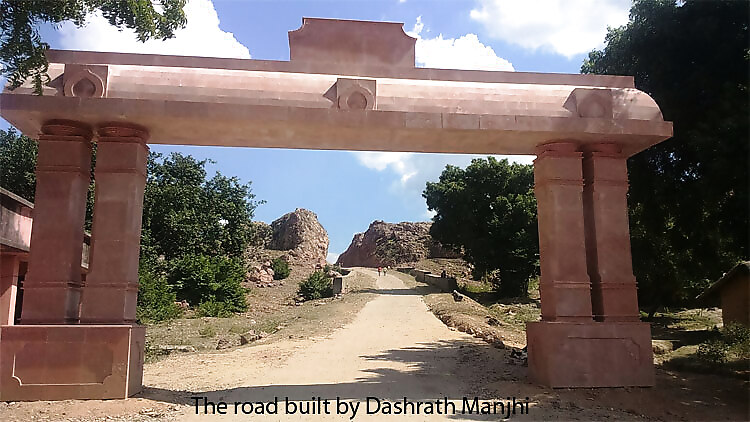











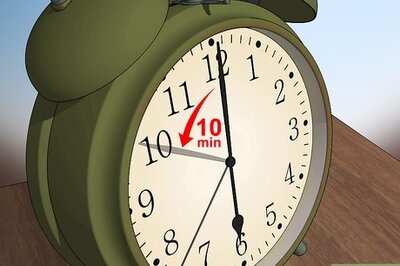





Comments
0 comment